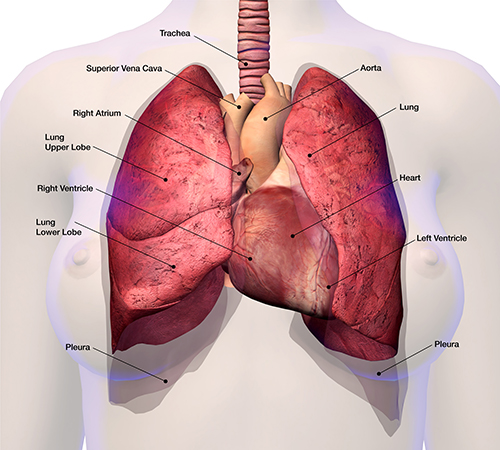Adenoid Cystic Carcinoma - Symptoms and Signs
ON THIS PAGE: You will find out more about changes and other things that can signal a problem that may need medical care. Use the menu to see other pages.
ON THIS PAGE: You will find out more about changes and other things that can signal a problem that may need medical care. Use the menu to see other pages.
ON THIS PAGE: You will find out more about changes and other things that can signal a problem that may need medical care. Use the menu to see other pages.
ON THIS PAGE: You will find out more about body changes and other things that can signal a problem that may need medical care. Use the menu to see other pages.
People with mesothelioma may experience the following symptoms or signs. Sometimes, people with mesothelioma do not have any of these changes. Or, the cause of a symptom may be a different medical condition that is not cancer. Often, symptoms of mesothelioma may not appear until years or even decades after asbestos exposure.
A person with cancer may have swelling inside the mouth and throat that can lead to painful mouth sores. This condition is called mucositis.
Tell your health care team if you have pain, mouth sores, or other changes in your mouth during cancer treatment. Relieving side effects is an important part of cancer care and treatment. This is called palliative care or supportive care.
Fatigue is a feeling of physical, emotional, and mental exhaustion even after getting enough rest and sleep. Cancer and cancer treatment may cause fatigue. The medical term for this is "cancer-related fatigue."
The superior vena cava is a major vein in your upper body. It carries blood from your head, neck, upper chest, and arms to the heart. Superior vena cava syndrome (SVCS) happens when the superior vena cava is partially blocked or compressed. Cancer is usually the main cause of SVCS.
The drawing below shows where the superior vena cava is in your body.

Calcium is a mineral found in different places in the body, including your blood. When you have more calcium in your blood than normal, doctors call it "hypercalcemia." It is a serious condition. Up to 30% of all people with cancer will develop a high calcium level as a side effect.
A high calcium level can be treated, and it is important to talk with your doctor if you experience any symptoms. Left untreated, a high calcium level can cause severe problems, like kidney failure, and it can even be life-threatening.
Insomnia is when you have trouble falling asleep or staying asleep at night. Getting enough sleep is important for your health.
Feeling "short of breath" is a common way to describe difficulty breathing. Shortness of breath is a common cancer symptom. People with any stage of cancer may experience shortness of breath for a variety of reasons. The medical term for shortness of breath is dyspnea.
Being short of breath or dyspnea can make you feel:
Uncomfortable when you breathe
Like you cannot get a full breath, or have to take more breaths to get enough air
Like you never get enough air
Medication plays an important role in relieving pain caused by cancer and its treatment, but it is not the only option. There are many medication-free ways to help you manage pain. The most successful plans to control pain often combine several methods.